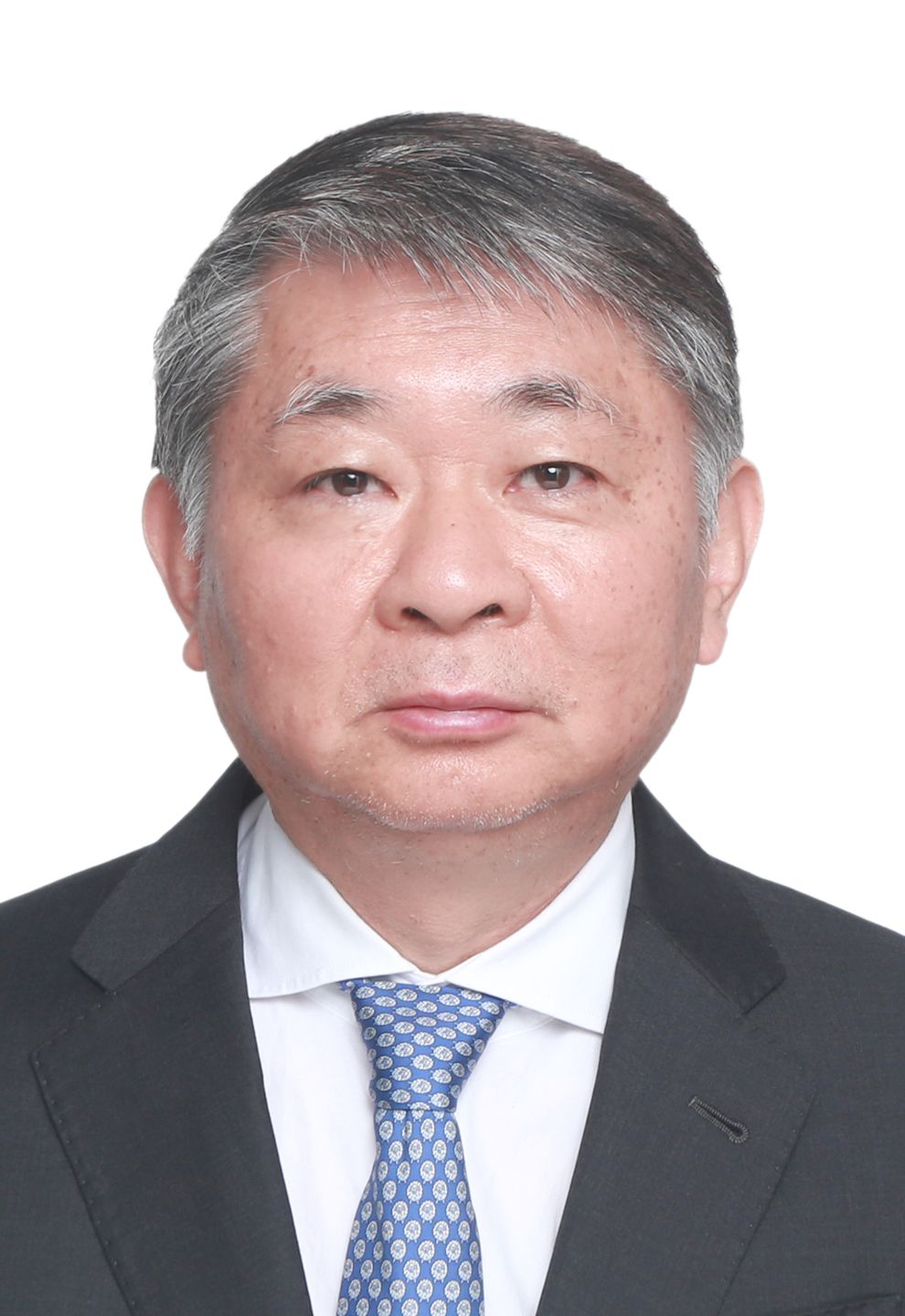Title
Federated Learning and Analysis with Multi-access Edge Computing
Abstract
In recent years, mobile devices are equipped with increasingly advanced computing capabilities, which opens up countless possibilities for meaningful applications. Traditional cloud-based Machine Learning (ML) approaches require the data to be centralized in a cloud server or data center. However, this results in critical issues related to unacceptable latency and communication inefficiency. To this end, multi-access edge computing (MEC) has been proposed to bring intelligence closer to the edge, where data is originally generated. However, conventional edge ML technologies still require personal data to be shared with edge servers. Recently, in light of increasing privacy concerns, the concept of Federated Learning (FL) has been introduced. In FL, end devices use their local data to train a local ML model required by the server. The end devices then send the local model updates instead of raw data to the server for aggregation. FL can serve as enabling technology in MEC since it enables the collaborative training of an ML model and also enables ML for mobile edge network optimization. However, in a large-scale and complex mobile edge network, FL still faces implementation challenges with regard to communication costs and resource allocation. In this talk, we begin with an introduction to the background and fundamentals of FL. Then, we discuss several potential challenges for FL implementation such as unsupervised FL and matching game based multi-task FL. In addition, we study the extension to Federated Analysis (FA) with potential applications such as federated skewness analytics and federated anomaly detection.
Biography
Zhu Han received the B.S. degree in electronic engineering from Tsinghua University, in 1997, and the M.S. and Ph.D. degrees in electrical and computer engineering from the University of Maryland, College Park, in 1999 and 2003, respectively. From 2000 to 2002, he was an R&D Engineer of JDSU, Germantown, Maryland. From 2003 to 2006, he was a Research Associate at the University of Maryland. From 2006 to 2008, he was an assistant professor at Boise State University, Idaho. Currently, he is a John and Rebecca Moores Professor in the Electrical and Computer Engineering Department as well as the Computer Science Department at the University of Houston, Texas. Dr. Han is an NSF CAREER award recipient of 2010, and the winner of the 2021 IEEE Kiyo Tomiyasu Award. He has been an IEEE fellow since 2014, an AAAS fellow since 2020, an IEEE Distinguished Lecturer from 2015 to 2018, and an ACM Distinguished Speaker from 2022-2025. Dr. Han is also a 1% highly cited researcher since 2017.
Slides for this talk - Slides_Zhu_Han
Location
Imperial College London
Faculty of Engineering
South Kensington Campus
London SW7 2AZ, UK
White City Campus
London W12 7TA, UK
